Norwood Family Eye Care Blog
Learn more about optometry care in our blog!
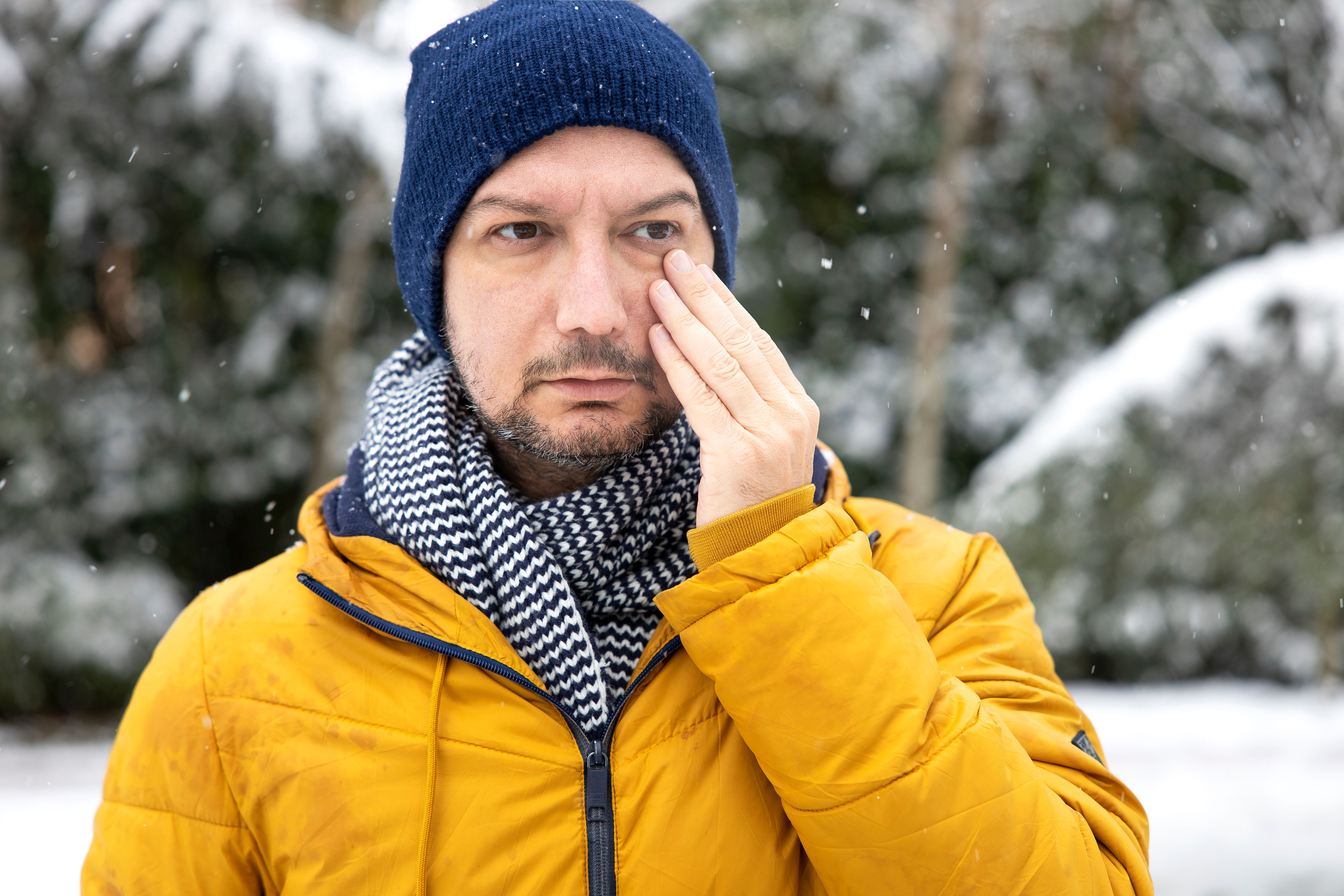
When temperatures drop, most people focus on protecting their skin - but your eyes need attention too. Cold weather, wind, and dry indoor air can all take a toll on eye comfort and health. Understanding how winter conditions affect your eyes can help you take simple steps to keep them healthy all season long.

When it comes to protecting your family’s vision, trust and experience matter. At Norwood Family Eye Care in Bartlett, Tennessee, we are proud to be a practice that local families count on for comprehensive eye care delivered with compassion, expertise, and personal attention.
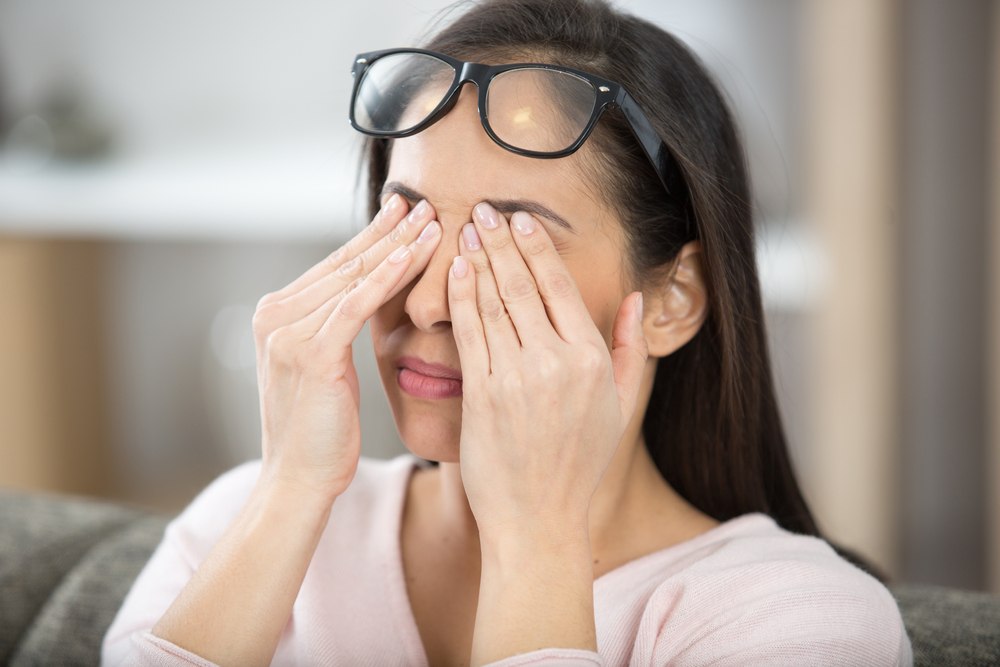
Living with dry eye can feel discouraging, especially when symptoms linger day after day. The healing process often happens gradually, which can make it hard to tell if your treatment is making a difference. Recognizing the signs of improvement can provide reassurance and help you stay on track with your personalized dry eye care plan.
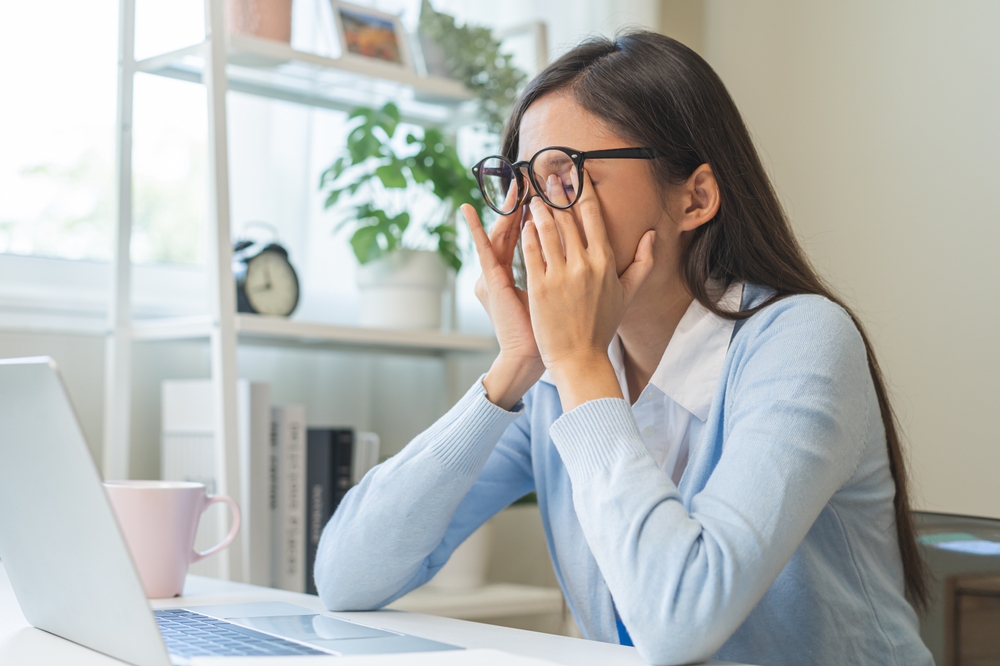
Dry eye is one of the most common eye complaints among adults, and for many people in Bartlett, it goes far beyond mild irritation. If your eyes feel gritty, burn frequently, or water excessively, you may be experiencing chronic dry eye.

Chronic dry eye is more than just occasional irritation - it’s a long-term condition that can cause discomfort, blurred vision, and sensitivity to light. At Norwood Family Eye Care, our Bartlett optometrist takes a personalized and comprehensive approach to diagnosing and treating dry eye so patients can find lasting relief and improved eye health.
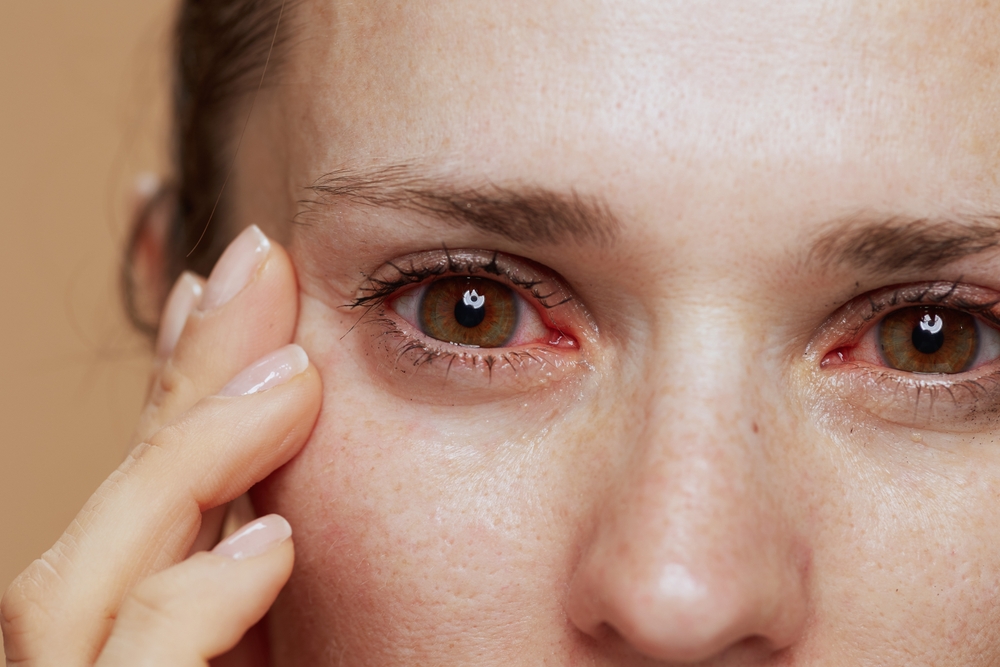
When it comes to your eyesight, sudden changes or unexpected vision problems should never be ignored. Your eyes are highly sensitive, and prompt care can make the difference between a temporary issue and permanent vision loss. At Norwood Family Eye Care, we’re here to help guide you through what to do if an eye emergency arises.
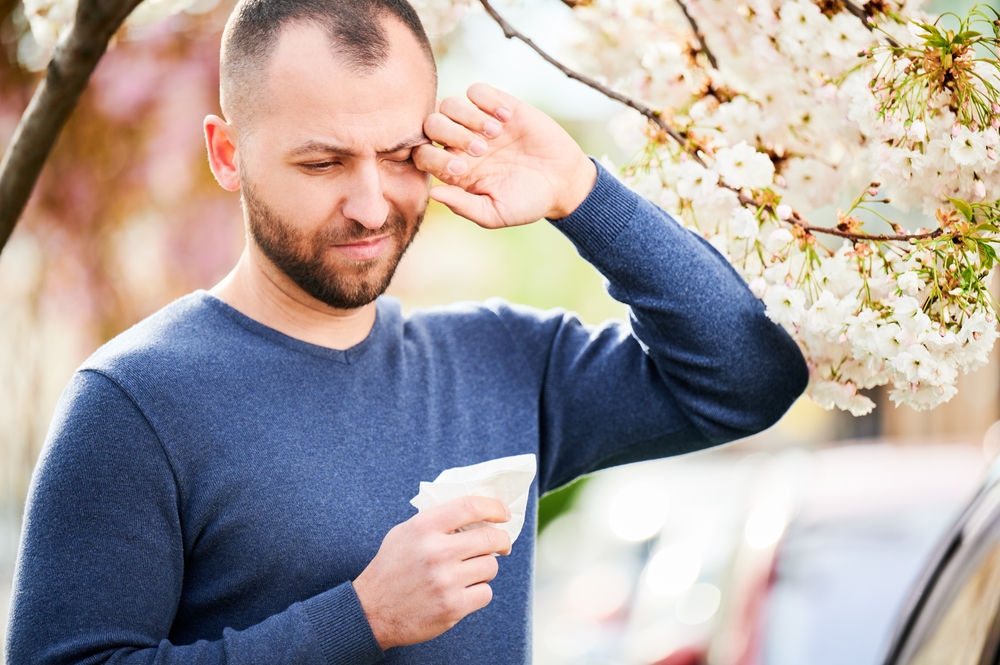
When the seasons change, many of us look forward to warmer weather and blossoming flowers. Unfortunately, these seasonal changes also bring an uptick in allergies.

When it comes to choosing a new pair of glasses, style is often the first thing that catches the eye. But beyond color, shape, and brand, one of the most important yet often overlooked factors is frame quality.

As we grow older, our eyes naturally undergo changes. While some of these changes are a normal part of aging, others can signal the early stages of eye diseases that could affect your vision long term. Regular eye exams play a critical role in preserving your eyesight and catching issues before they become serious.

Dry eye is a condition that can cause discomfort and blurry vision. It happens when your eyes do not produce enough tears or when the tears evaporate too quickly. This results in a lack of proper lubrication and moisture on the surface of the eye. Fortunately, managing dry eye is possible with the right environment and lifestyle adjustments.











